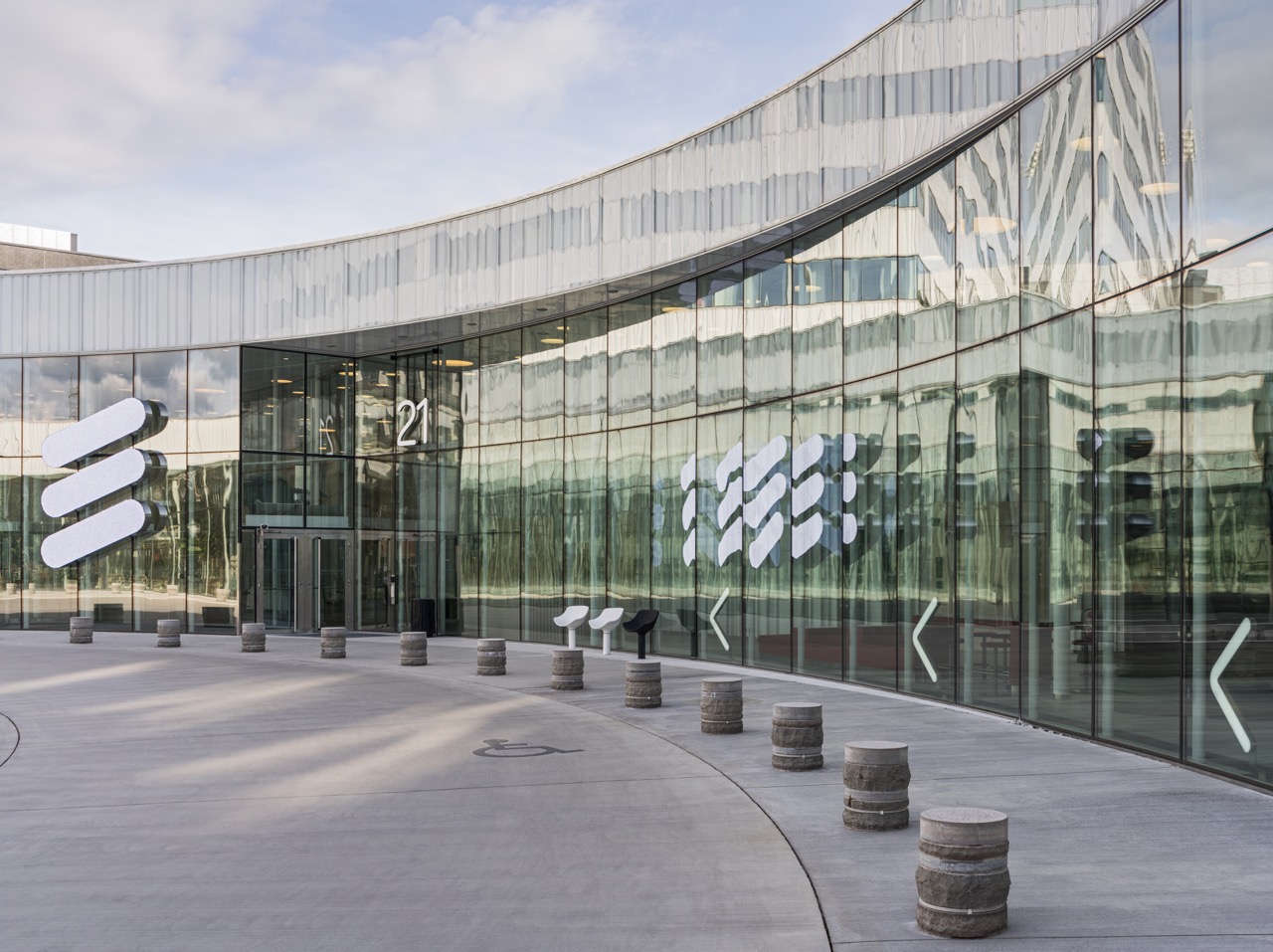The ten-year initiative will invest tens of millions of pounds and employ 20 dedicated researchers, the company said
Ericsson announced Tuesday a ten-year investment initiative in the UK focused on 6G research and development. The company said it will invest tens of millions of British pounds in research areas including network resilience and security, artificial intelligence (AI), cognitive networks and network efficiency.
Ericsson plans to hire 20 dedicated researchers to aid in the efforts, the company said, along with “additional PhD students who will work alongside leading academics, CSPs and industry partners” to further the company’s 6G research projects in the country.
While much of 6G’s emerging functionality and features are yet to be written, Ericsson has grand ambitions to support the technology.
“6G is expected to become available in the 2030s, building on societal, consumer and industry use-case mobile connectivity breakthroughs enabled by the high-end capabilities of 5G. It is anticipated that 6G will merge the digital and physical world, contribute to a more intelligent, sustainable and efficient society and help deliver new use cases that include multi-sensory extended reality, precision healthcare, smart agriculture, robots, and intelligent autonomous systems,” said the company in a statement.
Earlier this year, Ericsson senior scientist radio networks Ali Khayrallah offered his perspective on the development of 6G standards.
“There’s a time when companies are in full competitive mode and they’re not sharing anymore, except for standards. But in the early phase, if we don’t talk about it, we don’t publish it, we don’t share it, and then the next company does the same things, then we’ll have many efforts which are similar, but not common. At this early point companies should create energy and momentum behind 6G research, and then of course, later companies will pick up on certain technologies and champion them and develop them further,” Khayrallah told RCR Wireless News.
Khayrallah added that the initial 6G studies in standards could begin in 2024 and the first specifications could be completed in 2028: “If things go according to the plans, you will have the first 6G networks around 2030.”
Ericsson recently expanded its 6G collaboration with the University of Texas at Austin, where it’s conducting research into using 6G to power extended reality (XR). Ericsson had joined UT’s 6G@UT research center as a Level-1 member earlier in 2022. The vendor it is now upgrading its contribution to Level-IV membership, including a new three-year collaboration focusing on XR streaming, sensing and communication designs. The research aims to develop solutions that can be harnessed to scale up XR use cases in the 6G generation. The cross-discipline research team includes leading experts in applications (media encoding and streaming), sensing and communication.
In October, Ericsson announced it was continuing to work on the European Commission’s (EC) 6G research project, Hexa-X-II. “This new phase will expand the Hexa-X partner list to 44 organizations that are tasked with creating the pre-standardized platform and system view that will form the basis for many inputs into future 6G standardization,” said Ericsson.
While Nokia is the project leader for Hexa-X-II, Ericsson is the project’s technical manager. Orange, Telecom Italia, TU Dresden, University of Oulu, IMEC and Atos are coordinating work packages on the project, which aims to start work in January, with a planned duration of 2.5 years.

